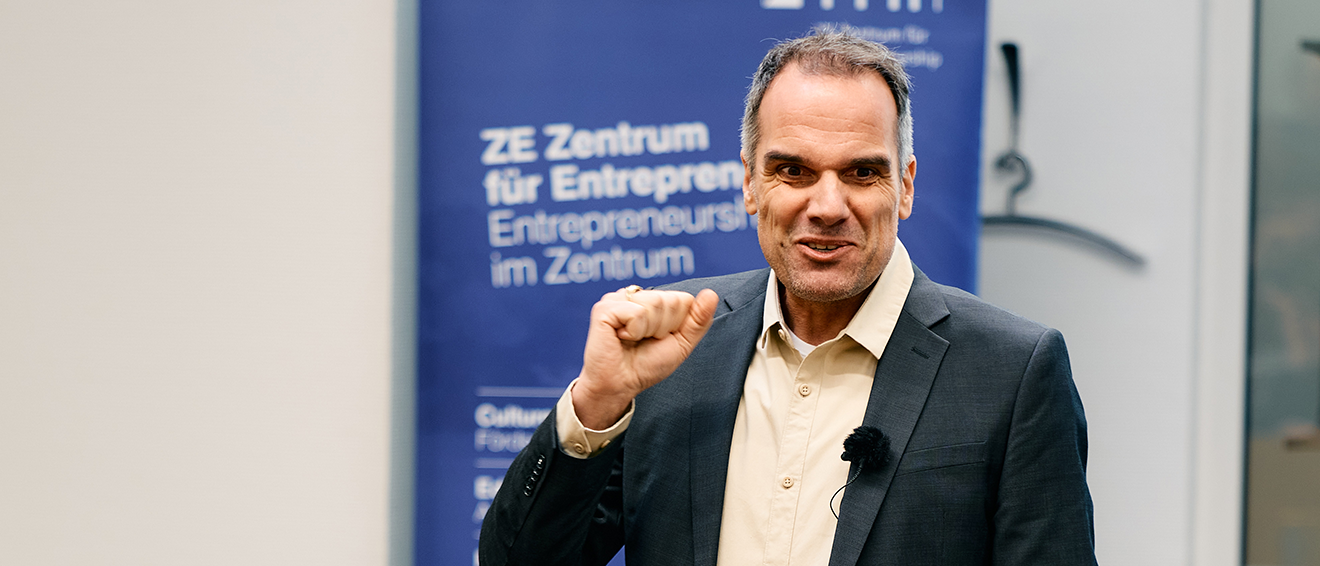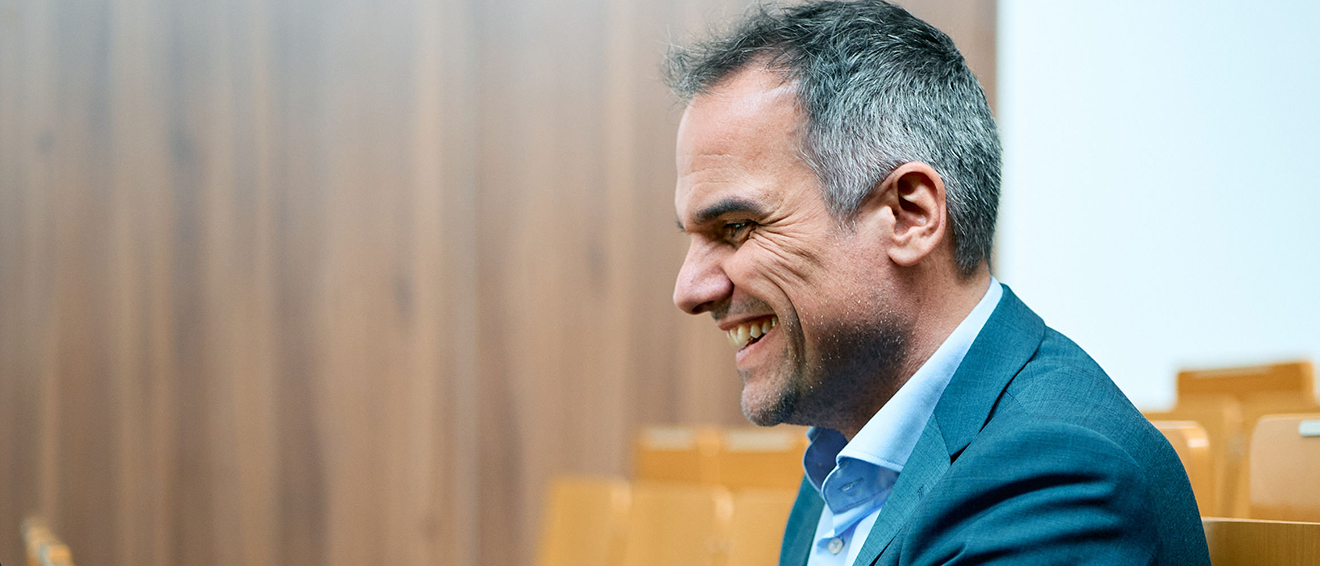As part of my research activities, I support the Multimedia and Internet Information Systems department of Prof. Dr.-Ing. Hemmje at the Fernuni Hagen as a lecturer and examiner for Master’s and Bachelor’s degree courses.
In this context, specialist internships are offered every semester (module numbers 63486 and 63483). Lectures 1878 (Multimedia Information Systems) and 1879 (Multimedia Information Retrieval) will also be held.
Research and teaching in the department focuses on the areas of data and document management on the Internet, information and knowledge management on the Internet, multimedia information systems and databases, and information visualization on the Internet. This also includes research, teaching and development in the following areas of computer science and their fields of application: Information visualization on the Internet, information retrieval, visual human-machine interaction, content and knowledge management on the Internet, semantic web, digital long-term archiving, virtual research environments, big data analysis, natural language analysis, vocational training and e-learning, Industry 4.0 and “Factories of the Future”. In addition to cooperating with national and international research/development and industrial end application partners, the department also supports the transfer of research results into innovative prototypes, products and services in cooperation with the affiliated institute FTK, Research Institute for Telecommunications and Cooperation in Dortmund.
The participants in the internship are initially allowed to choose from a number of tasks according to their interests for further processing. The assigned task is then completed in a modular fashion in cooperating small groups. The “Multimedia Information Retrieval” practical course focuses in particular on the practical application of certain information properties of multimedia content (so-called features) and their possible uses in practice. Tasks from the fields of algorithmics (e.g. the transfer of proven methods to multimedia content), engineering (e.g. the integration or connection of existing standard components), research (e.g. the testing of the latest research findings) and technology (e.g. the evaluation of special hardware and software environments) are proposed for processing.




